Who is Malin Evita, the woman behind Making it: Women in Film?
Born and raised on the Sealand of Denmark, I am first an explorer, who has lived across Scandinavia, the southern coast of Spain, the rural Tzaneen area of South Africa, and now old stony Scotland. Second, I’m a writer fascinated by the lives we live and the ones we imagine. I believe stories are everything and always have been. From word of mouth myths in ancient Greece to modern-day blockbusters. Storytelling has always been how we communicate and connect, across families and nations. And so, the political undercurrent in those can’t be ignored, but must be explored.
I am also a prize-winning essayist and have had articles and short stories published online and in print. I try to go to the movies every week, can’t believe my eyesight hasn’t deteriorated with how many films and series I watch. The last book I read was Crimson by the Greenlandish author Niviaq Kornelliussen, I prefer stories with no plot and just characters living their lives. My coffee is either black (and always ends up cold) or a soy cappuccino (drunk too fast for the money spent on it). My first mp3 player only had Hannah Montana songs and The Lion King soundtrack on it. I still stand by those choices.
Why did you decide to start it? What is the story behind it?
I had just moved to Scotland three years ago, seventeen years old, and wanted to get my foot in the door of the film industry. So I signed up for an Introduction to Filmmaking course at the Royal Conservatoire of Scotland. That’s where I met my first Scottish pal, Shania Bethune. We kept in touch as the course faded out in March, for reasons we all know. And bored in quarantine, we got talking. Why are most film courses not only taught by men but focused on the work of male directors? Why are all the film podcasts we find almost entirely hosted by men, with male guests? And then we dug deeper. The male gaze. How has that infiltrated not only the way movies were made since the beginning but also the way we view each other? How will we continue to view and make movies if we don’t turn the ship around with a sharp turn? It’s a vicious cycle that needs to be broken.
The first step to making this change was learning and listening from actual women working in film. But we were just two young, aspiring filmmakers with no connections. Who were gonna speak with us?
Well, maybe, if we started a podcast where we interviewed women who worked in the industry, people would be open to speaking with us. And sure enough, they were! Making It: Women in Film started as a passion project designed to provide us with the same insight it now does others, while also showcasing incredibly talented women; their journeys, opinions, thoughts and advice.
What is the biggest impact on what you do?
We kept going, one episode every Friday morning, for over half a year until Shania got in touch with the production company Redeeming Features who we are now partnered with. Up until then, it was purely fuelled by willpower and passion. Why? How?
Well, the more interviews I’ve hosted, the more women I’ve spoken with, the more books I’ve read and movies watched, the issue of discrimination in the film industry has become glaringly evident. And every time a guest thanked us for the work we do or a listener DM’d us telling us about their own journey, I’m filled with thrill and energy to keep going. Every single woman has a story, and it is our mission to get those out there.
What has been your biggest learning since you started?
Don’t fake it till you make it. Be honest and use your lack of knowledge to be furiously curious. Don’t say things when you don’t know what you are talking about; be humble and invite new insight. Faking insight will only make you cringe in retrospect, and is a missed opportunity to actually learn in complete honesty. No one knows what they are doing in the beginning, and no one ever knows everything.
TLDR; be a sponge.
What is the goal? The big vision of what you would like to achieve?
Breaking down the barriers that hold women and girls back from bringing their stories to the world. I could talk about outreach numbers or courses or events, but honestly, regardless of where this project ends up going, the goal will always be to create a space where women, like myself when I was eighteen and curious and new and scared, can learn free of judgement and the prevailing pervasive sexism. Our goal has been achieved if even just one aspiring filmmaker listens to our show and comes out of it feeling like there is a space in this world for her. It’s brutal out there, and if we can’t help each other, we’ll get nowhere.
-- And now our feminist questionnaire -
What is Feminism for you?
Initially, I think feminism was a hug for me. One of those back-breaking strong hugs that dissolve the hardship you hold in your heart. But as I became more invested in it, feminism became a lens for me to view the world. A mode of critical examination of not just gender roles, but how it intersects across sexuality, race, heritage, religion, class, and so much more. A guiding light through what appears as an endlessly dark tunnel.
In just one paragraph, I would never be able to describe what feminism means to me, what I believe it to be. But what I will say is that, to me, feminism is the voracious fight for equity on all grounds through examination of how systematic oppression is weaved into all aspects of our lives. And it is certainly not "just" the fight for women's rights and equalities, but of racial, LGBTQ+, and class justice. I think there is often an issue where the focus becomes on the "woman", and thus on the most privileged woman out there as she has no other barrier than her gender. But it must be a fight for all to break free on an individual level and in more prominent societal/governmental ways.
Which “everyday sexism” really bothers you?
Tough one! Probably the sexual objectification of girls and women. Ever since I was 12, I've gotten looks and comments just existing in public. Feeling like a gazelle between cheetahs is the worst feeling in the world, and as most issues, doesn't just end in catcalling. There's just something incredibly gross about feeling so vulnerable and powerless, even just anticipating it, and then also knowing how little thought goes into it from the provocateurs. "Smile," and I think about it all day, "Smile," and the thought is gone as soon as I'm out of sight and onto the next one. The normalisation of entitlement of women's appearances, I guess, is really what I'm trying to say.
Do you remember when you start identifying as a Feminist and why?
2014, twelve years old, my hero Hermione became Emma Watson as she held her HeForShe UN Speech. I was fresh out of a conservative evangelical sect where women quite literally sat behind the men. My family had managed to flee, but the core patriarchal values had still been installed in me quite profoundly, and I was struggling to exist in a world where I could be more than a silent twenty-year-old wife and mother.
Her speech was really my first introduction to the topic at all; in retrospect, it wasn’t nearly as comprehensive as I see feminism to be today, but it was a call to action that awakened me. I became obsessed with it, and took the cause under my wing, year by year gaining much more insight and nuance to the conversation.
I started identifying as a feminist because it was a word that made me feel like I belonged to myself. No one else. Me, my present and future, was for me. And so I would make sure all other girls would feel as well. Autonomous.
Who is your biggest feminist role model?
Tarana Burke, the activist who began the MeToo movement.
What is your favourite Feminist quote?
“I am an expression of the divine, just like a peach is, just like a fish is. I have a right to be this way...I can't apologize for that, nor can I change it, nor do I want to... We will never have to be other than who we are in order to be successful...We realize that we are as ourselves unlimited and our experiences valid. It is for the rest of the world to recognize this, if they choose.” - Alice Walker, The Color Purple.
What is your proud feminist victory?
I had an unusual upbringing; locked behind the walls of an extremely conservative evangelical sect (cult, some might say), where women quite literally sat behind the men. Women didn’t speak unless it was to thank the Lord or Brothers. And if they did, it had to be with a mighty river of godfearing tears. Women could not express themselves; restrained to floor-length skirts, long-sleeved blouses, and veils wrapped around plain faces tired from giving birth over and over again. Had I not gotten out, I don’t know what would have become of me.
Certainly, I would not have been where I am today.
I wouldn’t be able to speak out publicly, to advocate for women’s rights, to present myself the way I wish, love whoever comes to heart. But I am.
I am here, in spite of everything I was taught, and that this world beyond still occasionally spews, I am here.
A woman.
On the front row of my own life.
What is your feminist recommendation?
- Non-Fiction Book: The Wrong Kind of Women: Inside Our Revolution to Dismantle the Gods of Hollywood, by Naomi McDougall Jones
- Fiction Book: Dominicana, written by Angie Cruz
- TV show: Chewing Gum, created by Michaela Coel
- Film: Rafiki (2018) directed Wanuri Kahiu
What is your feminist call of action to whoever is reading?
Pay attention to watch you watch, pay attention to the gender dynamics on the screen and the names on the credits. Don’t just criticise the movies that fuel the male gaze, but find the movies and filmmakers who subvert it. Celebrate the stories told by women about women, indulge in them, support them. Because if we don’t, who will?
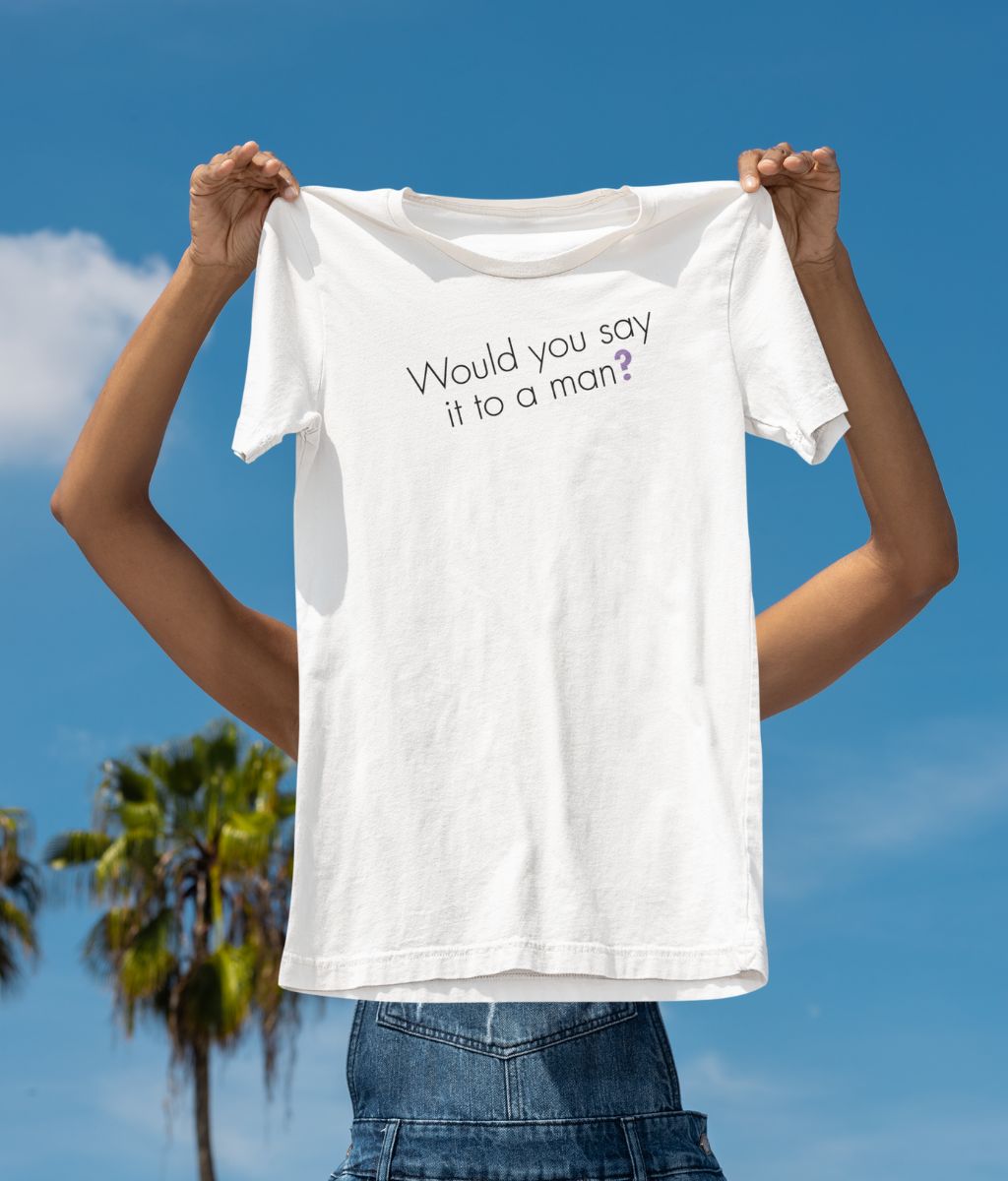
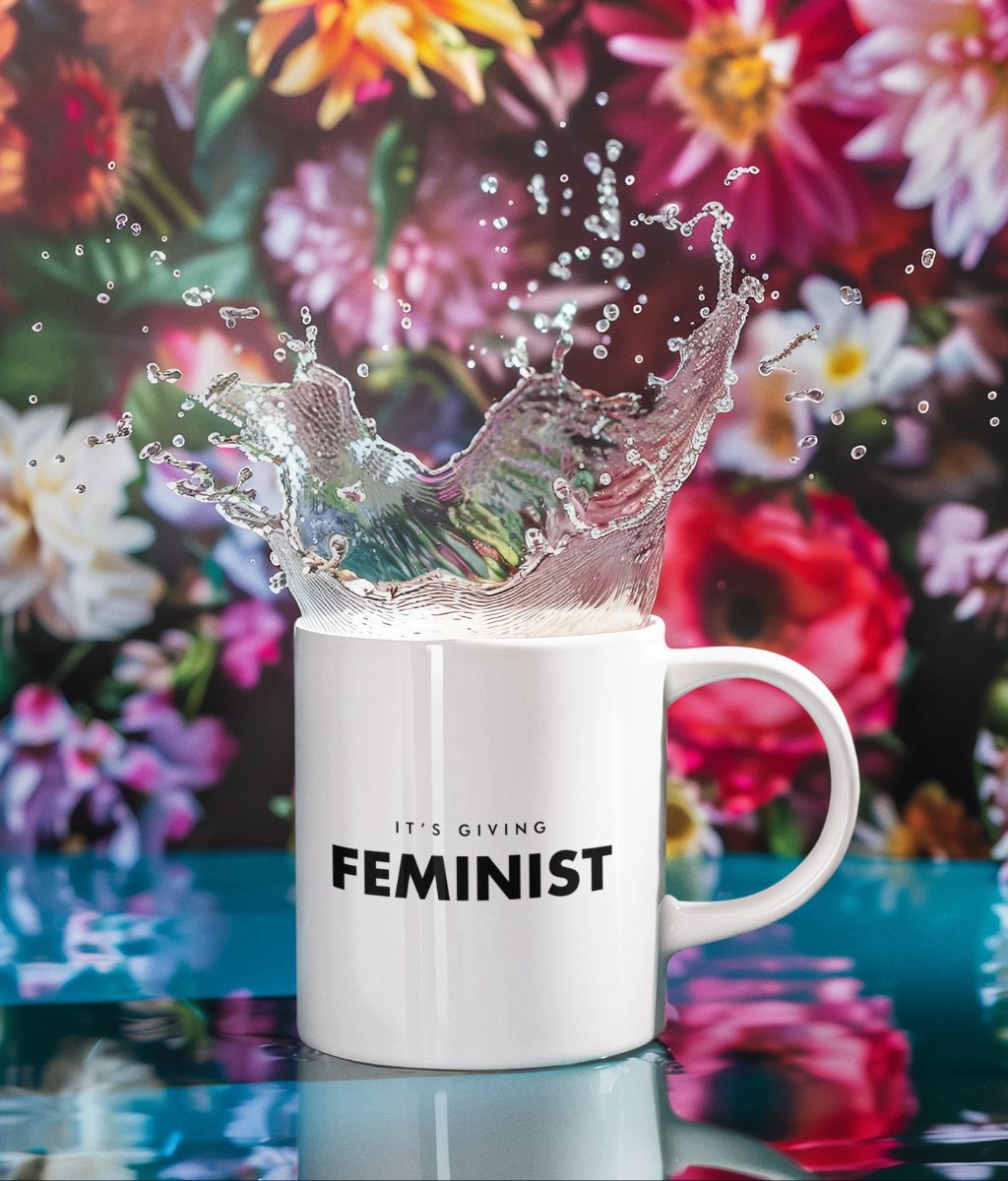
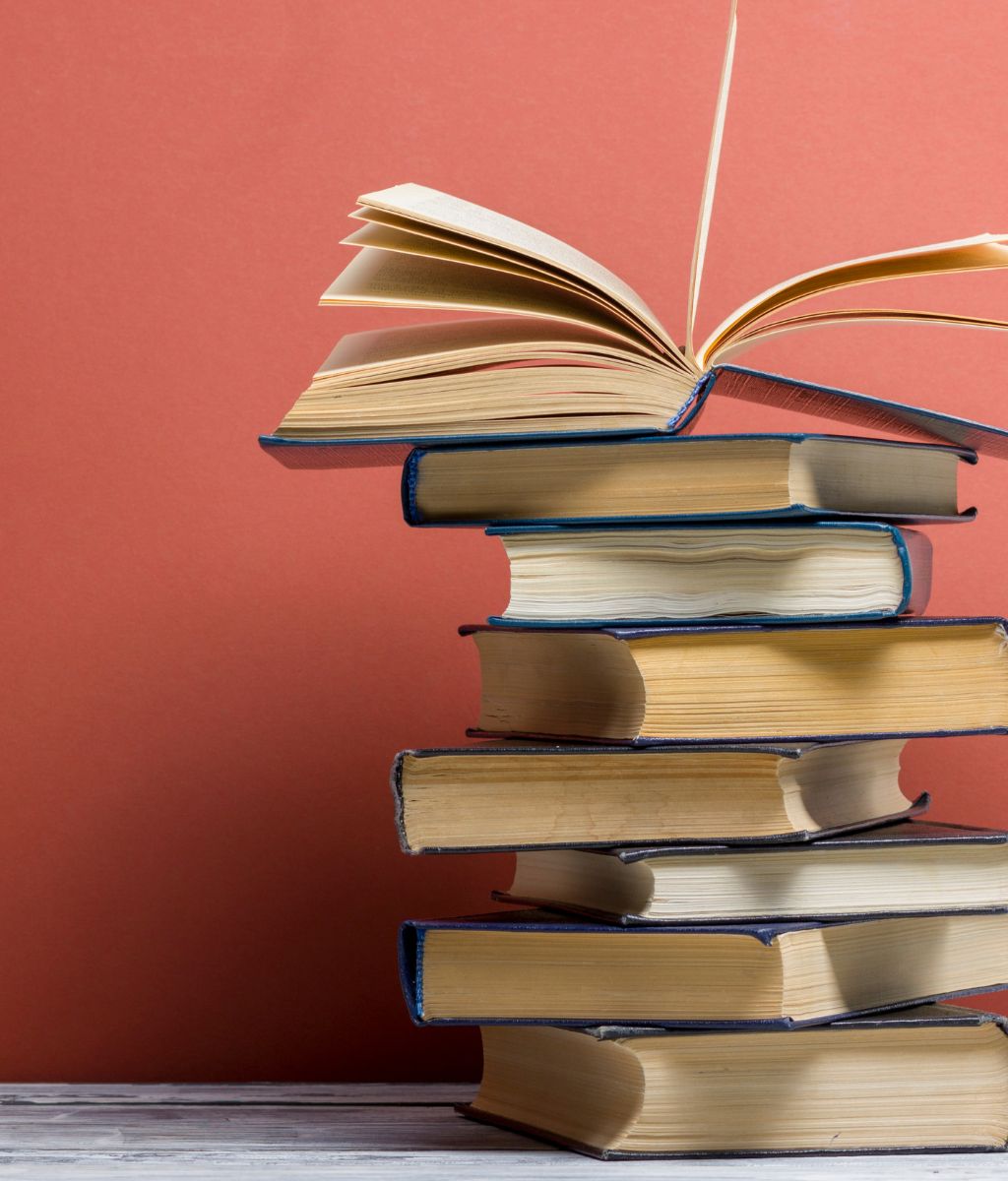
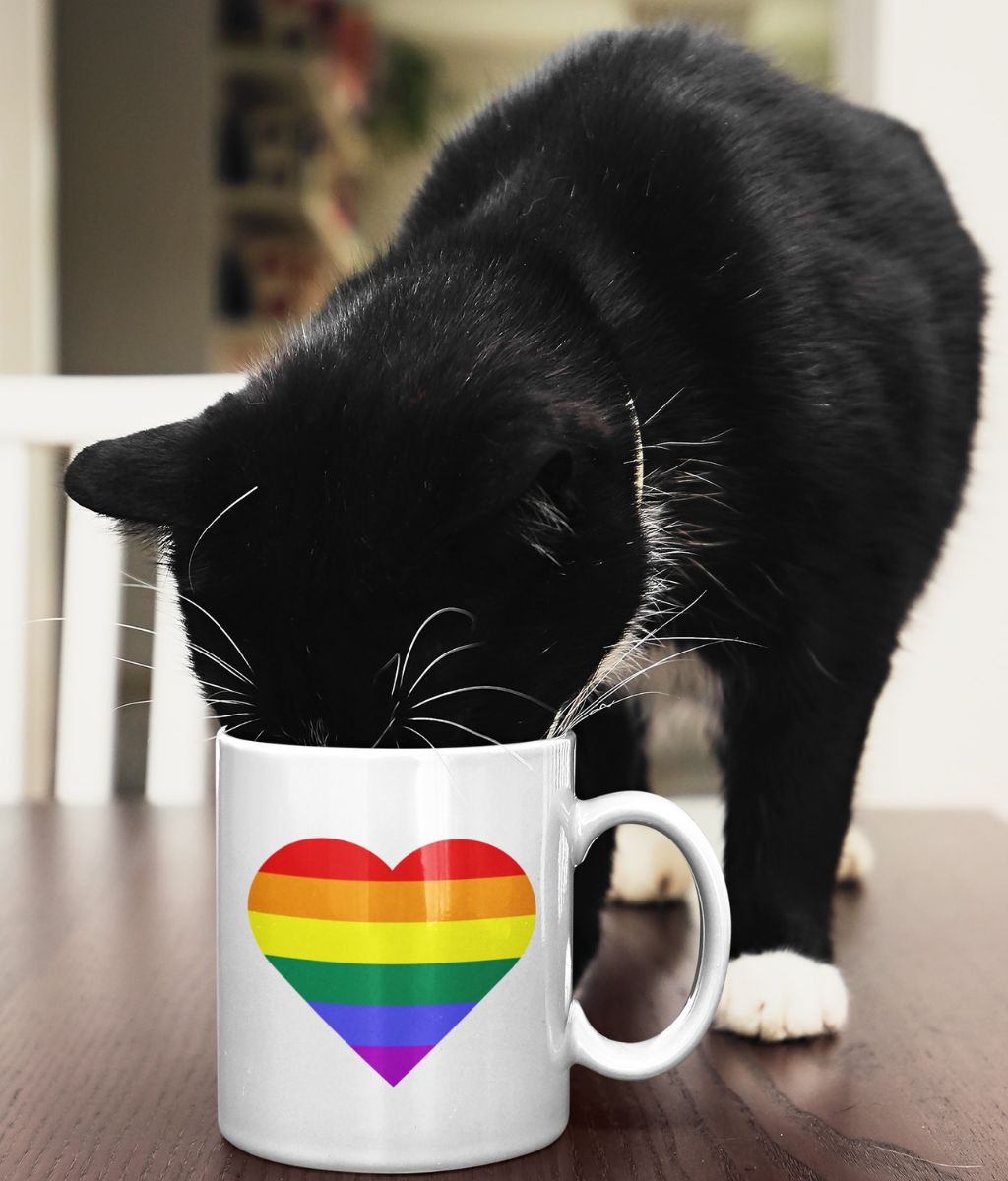
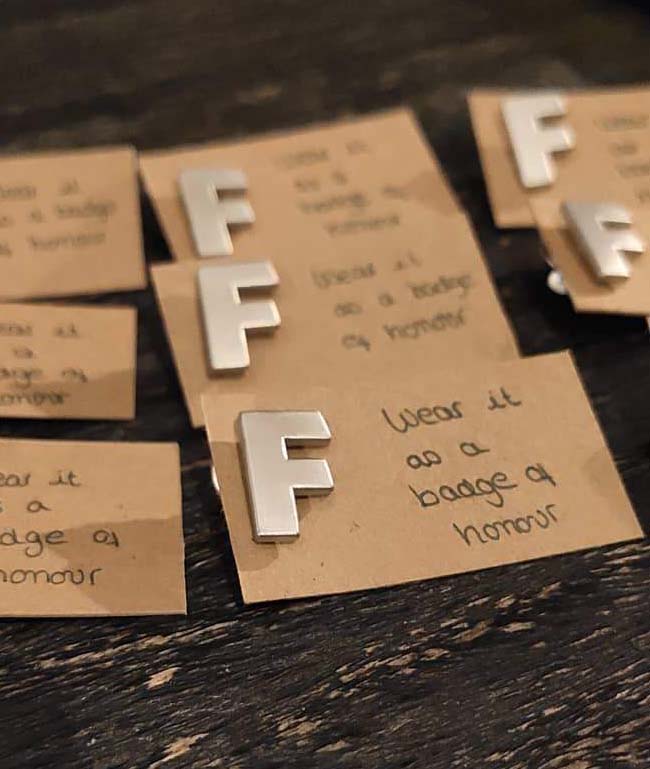
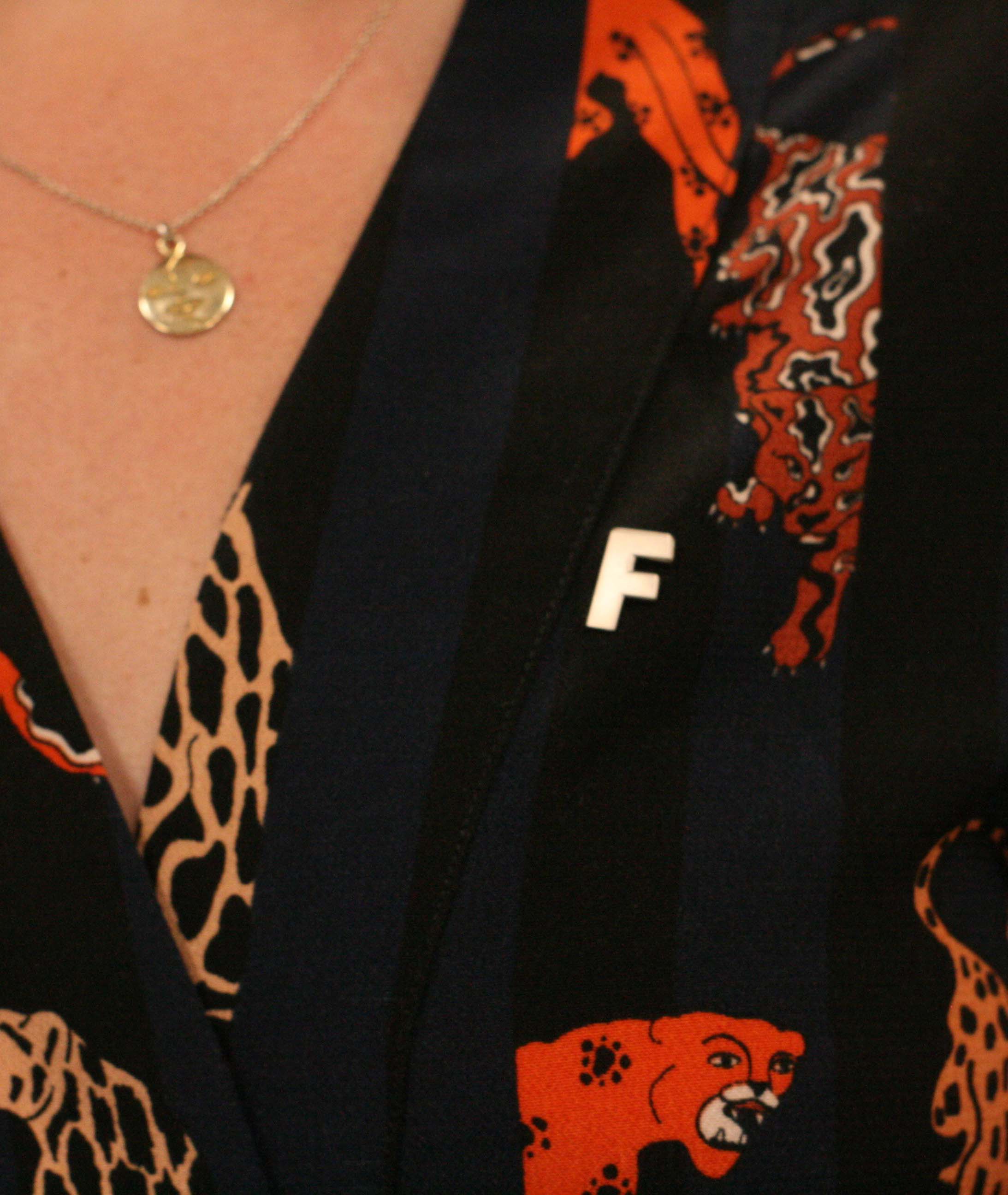
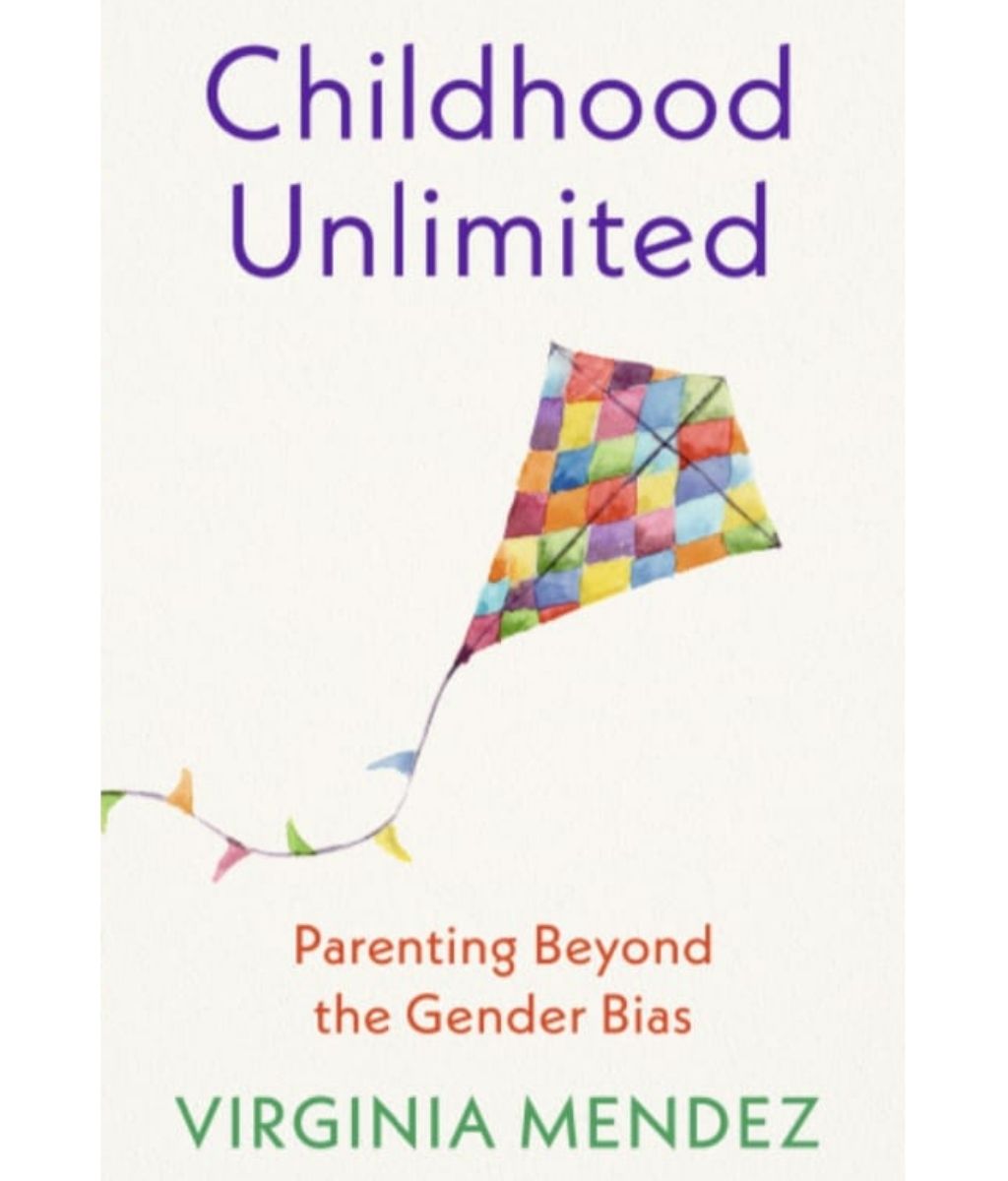
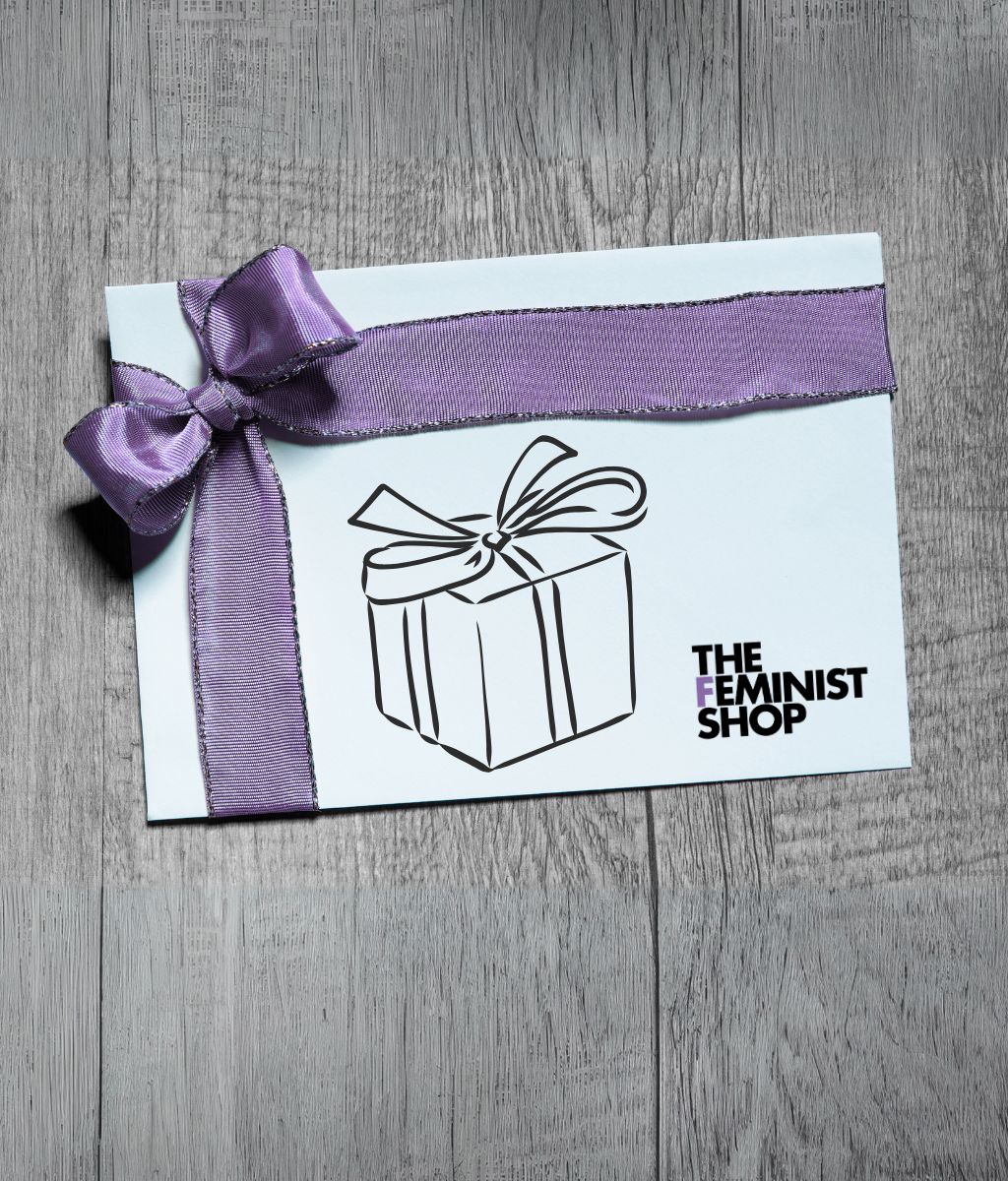
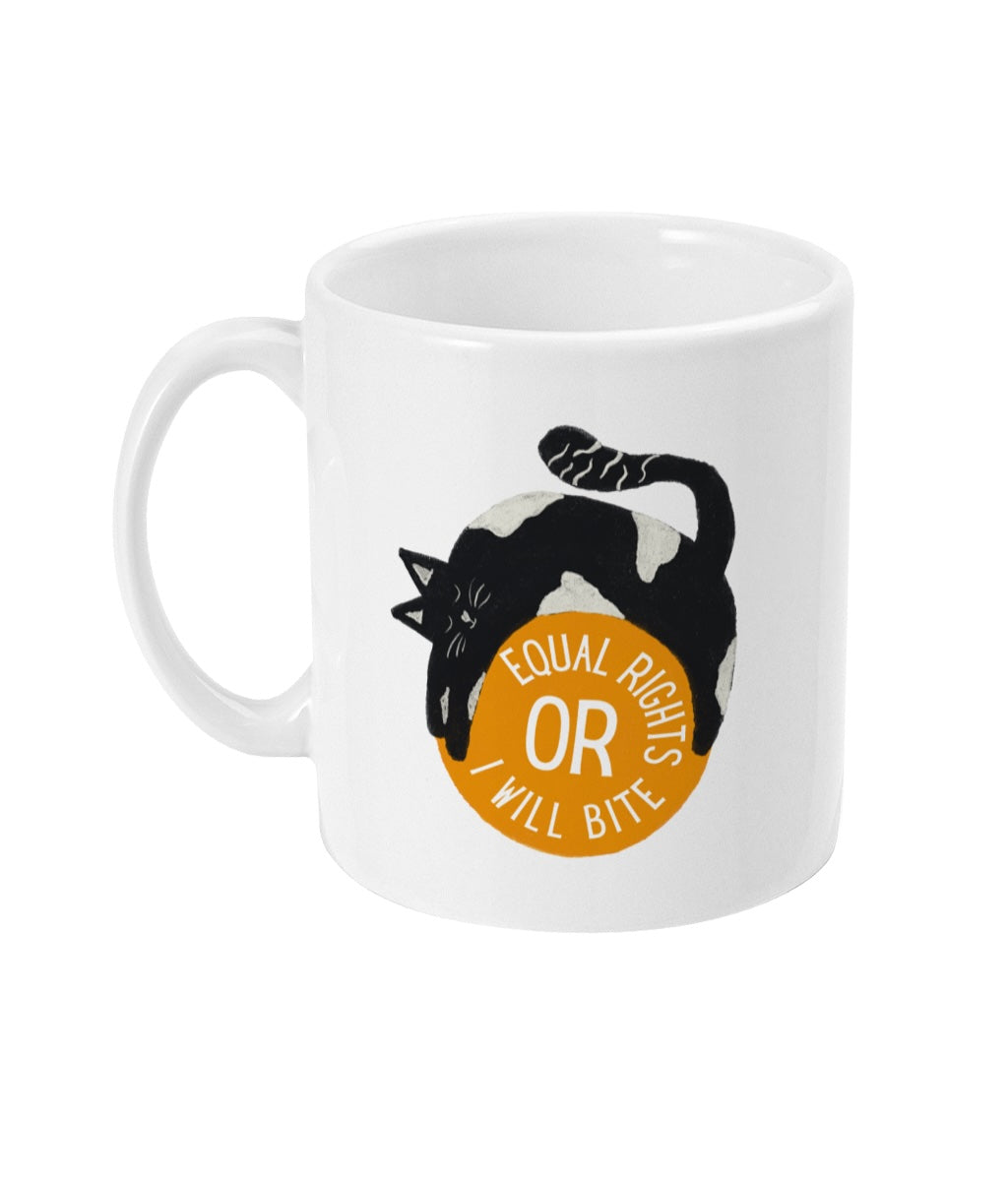
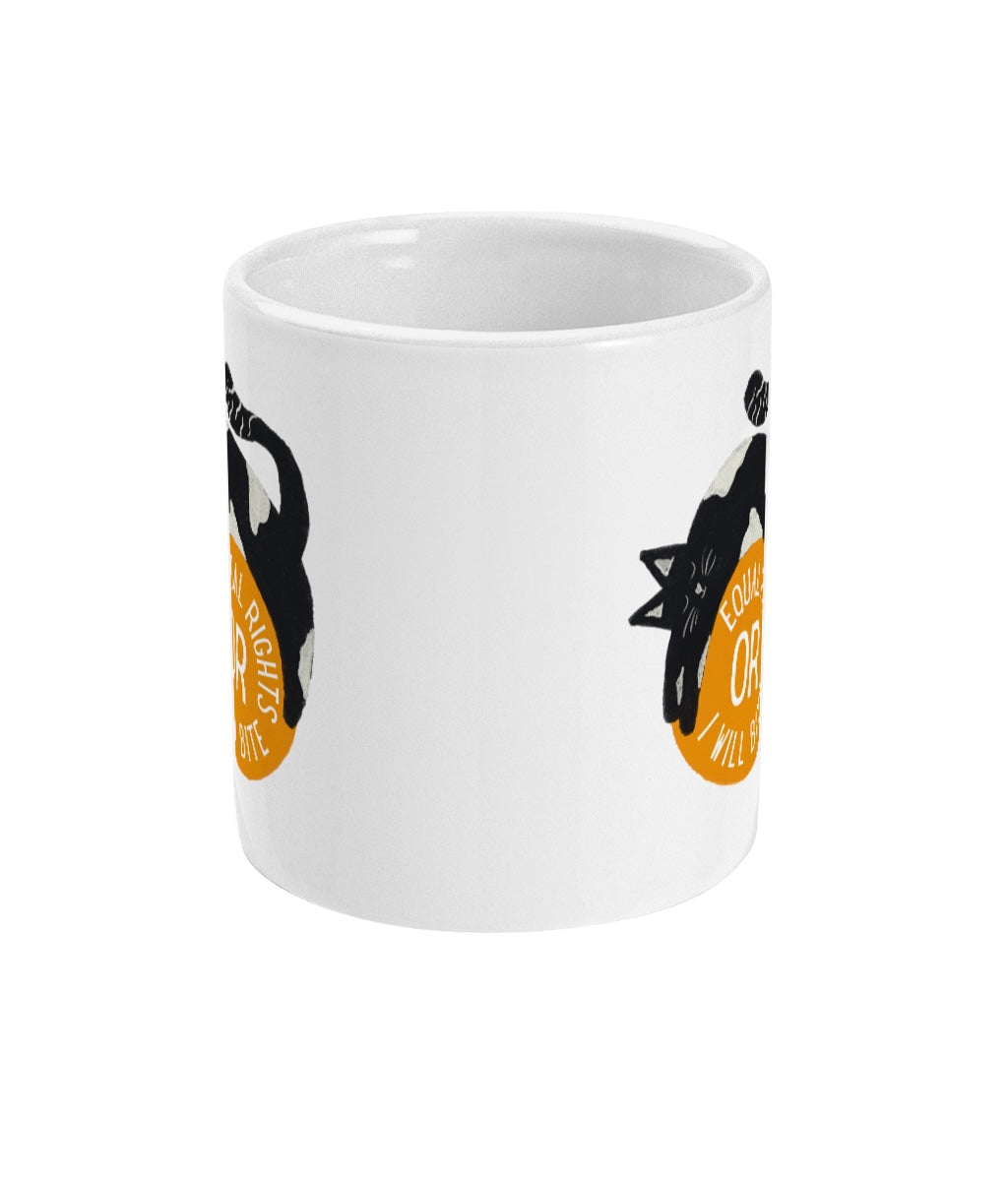
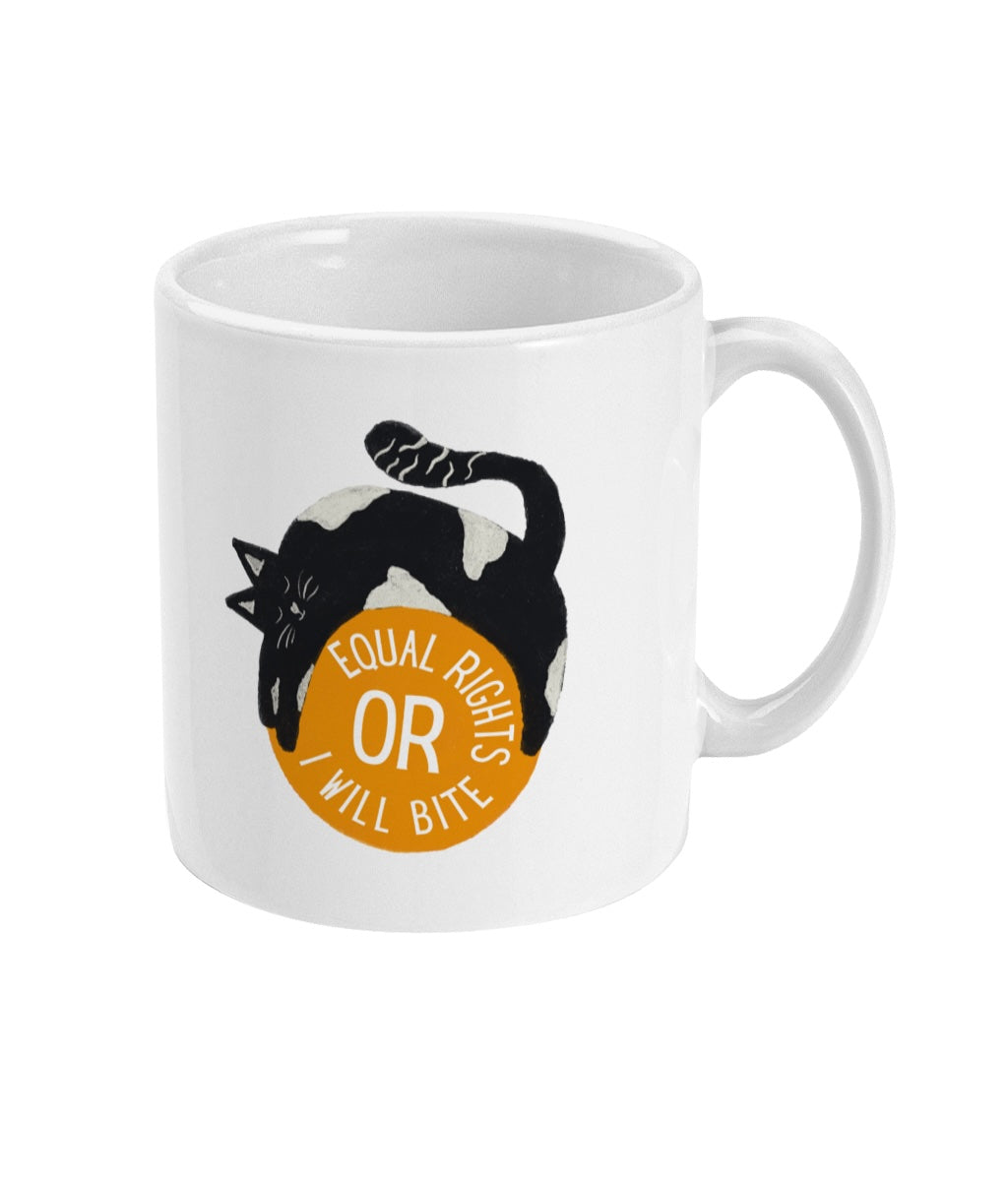
0 comments